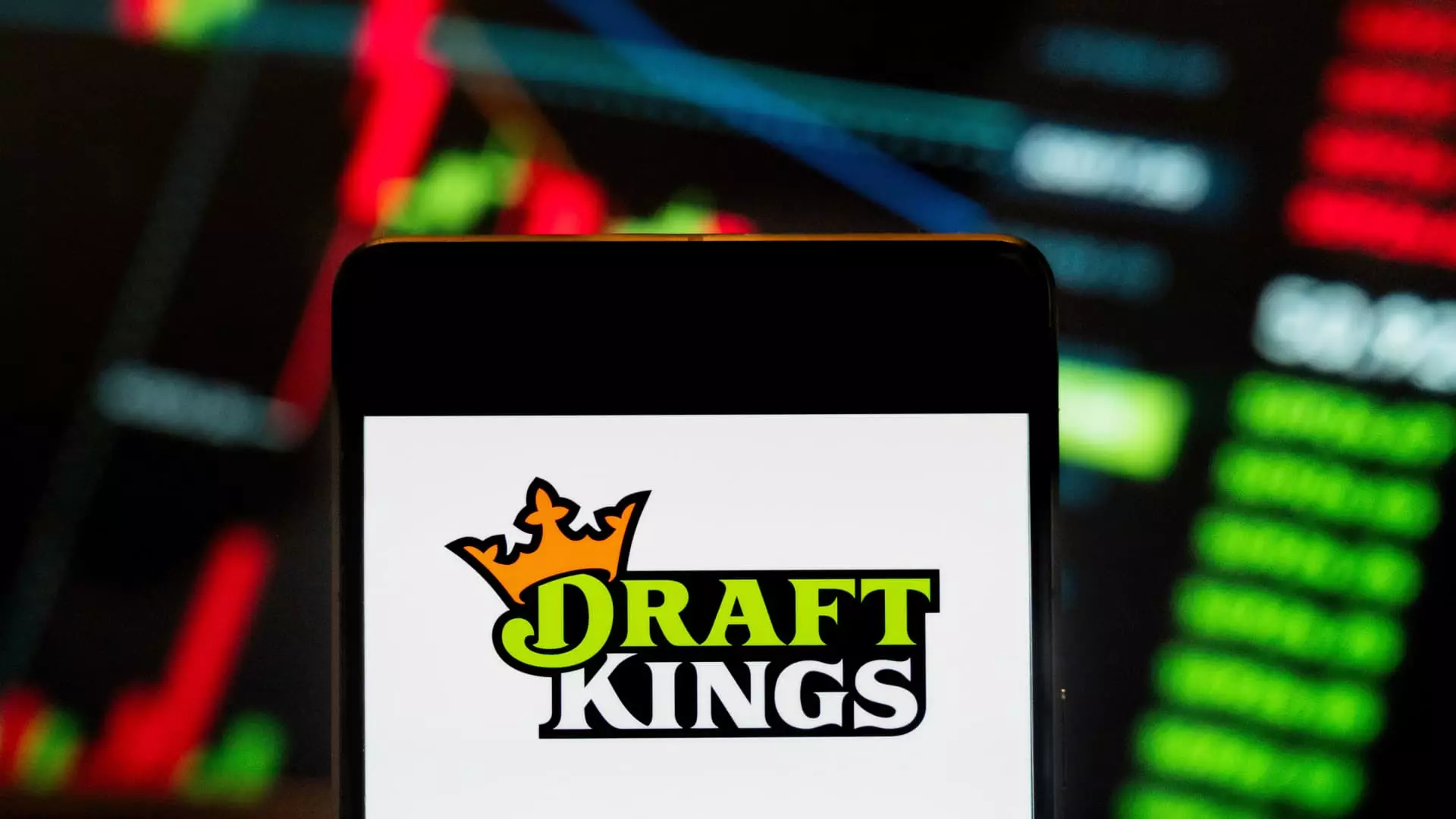DraftKings, a leading mobile betting platform, has recently announced its plans to implement a gaming surcharge on winning bets in states with high sports betting tax rates. This move is intended to boost the company’s profits and align itself with industry standards. However, the decision has sparked discussions and criticisms within the gambling community.
The gaming surcharge will be imposed on winning bets in states where the tax rates exceed 20%, such as Illinois, New York, Pennsylvania, and Vermont. DraftKings’ CEO, Jason Robins, justified this decision by comparing it to other industries that also impose taxes on their services. While the surcharge may seem nominal to customers, it could potentially impact their betting activity and loyalty to the platform.
The announcement of the gaming surcharge coincided with DraftKings’ second-quarter earnings report, which revealed the company’s first-ever profitable quarter. Despite fears of tax hikes affecting the company’s stock value, DraftKings reported a revenue of $1.1 billion, in line with estimates. The company also revised its revenue guidance for the upcoming years, expecting significant growth but lowering its adjusted EBITDA guidance for 2024.
Robins highlighted the importance of maintaining a positive customer experience while implementing the gaming surcharge. He hopes that states reevaluate their tax rates to support operators like DraftKings in enhancing their services. The company’s proactive approach to transparency and communication with customers reflects its commitment to maintaining trust and loyalty among its user base.
DraftKings’ decision to implement a gaming surcharge comes at a crucial time when the sports betting industry is expanding rapidly across the United States. With more states legalizing mobile and online betting, the company has positioned itself in 25 states and Washington, D.C., with plans for further expansion. Additionally, DraftKings announced a share repurchase program to demonstrate confidence in its long-term growth prospects.
DraftKings’ introduction of a gaming surcharge on winning bets reflects its strategic response to evolving market conditions and regulatory challenges. While the decision may impact customer behavior and financial performance in the short term, it underscores the company’s commitment to sustainability and profitability in the long run. As DraftKings navigates the competitive landscape of the sports betting industry, its ability to adapt and innovate will be critical to its success.

